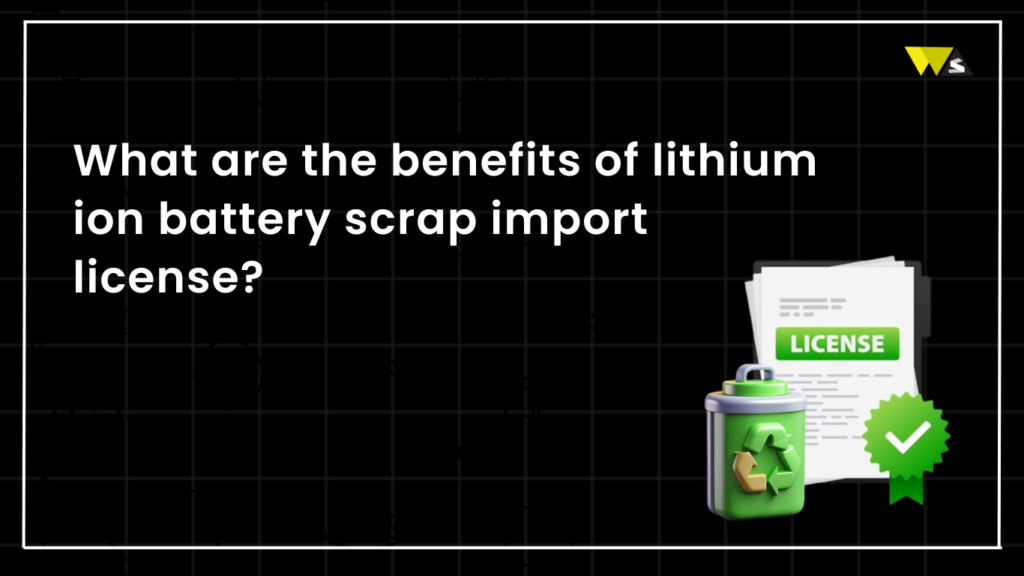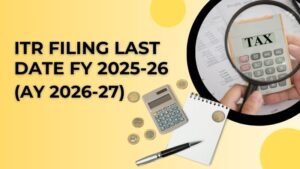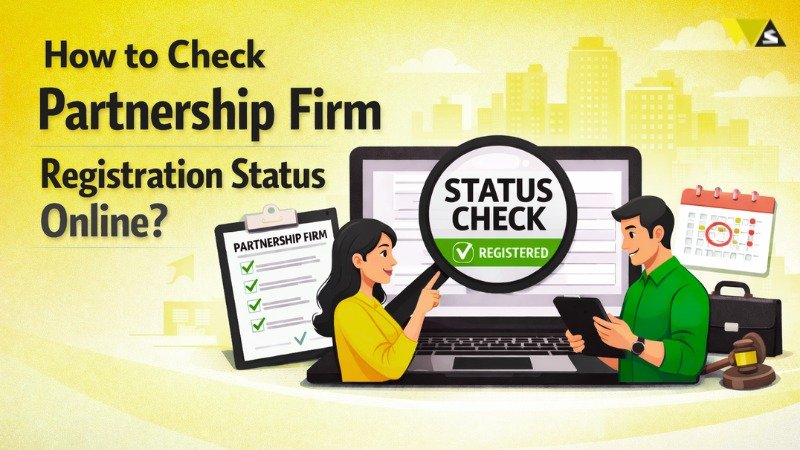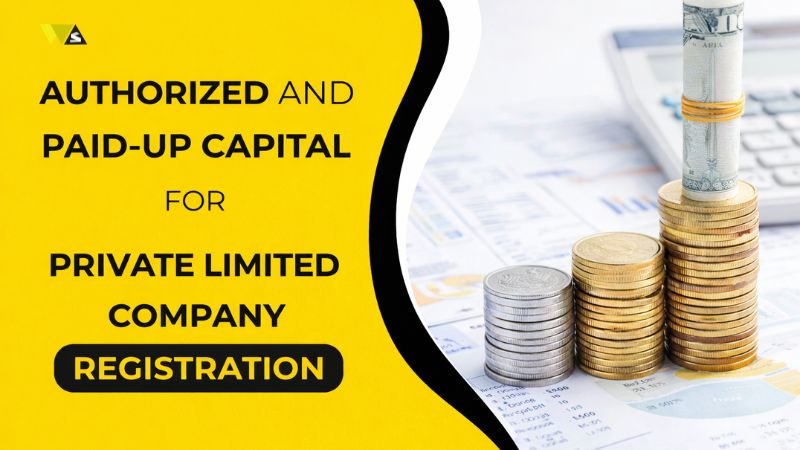At present, lithium-ion batteries are among the major components in mobile electronic gadgets such as cell phones, laptops, electric cars, and in systems for storing energy. The battery technology has improvised over the years and due to that, Li-ion batteries have gained more acceptance than the others due to their durable and light weight and longer lasting and more powerful. In this article we will know about the benefits of lithium ion battery scrap import license.
Lithium-based batteries are currently the hottest trend and this is primarily because they can be used in home appliances, automobiles, and even workplaces with little to no concern. Since consumption drives resource recovery and recycling, such waste lithium-ion batteries are good sources for foreign imports since the country currently lack sufficient supplies of used batteries including the substances that are utilized in producing them. Bringing in Lithium Ion Battery Scrap Import requires obtaining permissions from either the State or Central Pollution Control Board, which is also under the Ministry of Environment and Forests. If you are the user, then you must apply for the registration to obtain license with the Batteries Registration & Management System (BRMS).
What is a Lithium Ion Battery?
- These are the batteries which can be reused in various ways.
- Most of the lithium ion batteries are symmetrical in the sense that with the exception of the separator and current conductors, all other components including the active electrode materials contain metallic lithium.
- The lithium ion battery cell includes an electrode and an ion conducting electrolyte. During loss of energy the lithium ions move to the positive terminal from the negative terminal and the reverse is the case when charging the battery.
- Such batteries are typically used in aviation and military applications and also in the battery-electric vehicles.
Why it is Important to Import Lithium Ion Scrap Batteries?
- Limited Resources: There are very few strategic metals and minerals like lithium which is critical for manufacturing lithium batteries in India. Calamity-dumped waste batteries are easy to procure and the by-products ready for re-use such as lithium, cobalt, nickel, manganese and the like are all incorporated in making new batteries.
- Adequate Costs: Such was the case because there are lithium ion batteries made from scrap that are cheaper than the cost incurred in extracting metals and other raw materials. This can greatly reduce the costs of available battery production thereby making green energy and electric vehicles more affordable.
- Environmental Benefits: Recycling mitigates the effects associated with mining and the energy needed to refine virgin materials. More so, battery recycling helps decrease the adverse environmental effects of the industrial process owing to the level of toxic wastes produced.
Obtaining Lithium Ion Battery Scrap Import License
In order to obtain an authorization to bring lithium ion batteries into the country, the following procedures should be followed:
- To begin procedure for enhancing the importers BRMS registration as a new registered importer, the applicant will have to visit the BRMS site and click the option that is seen on the right hand side of the page.
- The applicant must complete the form and send it in.
- After that, the system will provide the applicant with a User ID and password so they can access the portal by selecting the Importers Login option.
- After submitting the registration application, the applicant needs to provide the CPCB a hard copy of the application on letterhead, a self-attested copy of the IEC certificate, and printouts of Forms II and III.
- The certificate of registration will be sent via mail as soon as the nodal officer signs it and the responsible authority gives their permission.
- The corporate address or branch address listed on the IEC certificate will get the registration certificate.
Lithium Ion Battery Scrap Import License Renewal
The applicant for renewal:
- Should use the BRMS interface to submit a renewal application.
- Must submit this application forty-five days prior to the expiration date.
- Must verify the importers’ half-yearly returns submitted to the CPCB or via the BRMS portal will be the basis for the renewal.
The importers’ registration renewal will be granted by the Hazardous Waste Management Division’s supervisor.
Benefits of Lithium Ion Battery Scrap Import License
The market offers a wide range of Lithium (Li-ion) batteries. High energy density, low weight, quick charging, mobility, extended lifespan, safety, and no maintenance are just a few of their numerous benefits. Along with industrial progress, the cost of technology is also witnessing a marked decline.
Lithium-ion batteries are also significantly lighter and have a much better charge retention capacity than lead-acid cells. Additionally, these batteries’ energy output is rather constant. For manufacturers who want a power source or storage for their products, it is the first option. Additionally, these batteries retain their electrochemical potential even after hundreds of cycles of charging and discharging.
The benefits are as follows:
- Conservation of Energy: Recycling metals from batteries uses less energy than extracting and processing new material, which reduces carbon emissions and environmental effects.
- Cost Effective: Because raw material prices fluctuate, the numbers recovered from recycled batteries may be less expensive than those from mined ones.
- Planned Resource Management: Another way that nations can use their resources to boost diversification and lessen their susceptibility to changes in the global market is by importing and using recycled scrap batteries.
- Efficient Strategies: The approach of exporting and recycling part of the spent batteries is within the ideals of a circular economy because instead of waste disposal, such resources are recycled, maintained or replaced.
- Source of Raw Materials: Lithium-ion power sources contain valuable elements like lithium, cobalt, nickel, manganese, and others. Economically pictured, with such scrap battery importation, needless to emphasize these minerals would otherwise be obtained through aggressive and more destructive new mining projects.
Conclusion
Acquiring a Lithium Ion Battery Scrap Import License is beneficial for companies in many aspects. It facilitates reclamation and reinstalling the resources such as lithium, cobalt, and nickel among others, which promotes less raw material mining as well as curbing wastage, which is an aspect of the circular economy. The license gives access for businesses to cheap raw materials which are in high demand due to the current need in developing utility scale energy storage systems. Moreover, it keeps businesses in line with the environmental and regulatory standards that improve their reputation and competitiveness in the green markets. In the end, a lithium-ion battery scrap import license motivates the energy and the
Read our blog: What is the Procedure for Lithium Ion Battery Scrap Import License?










